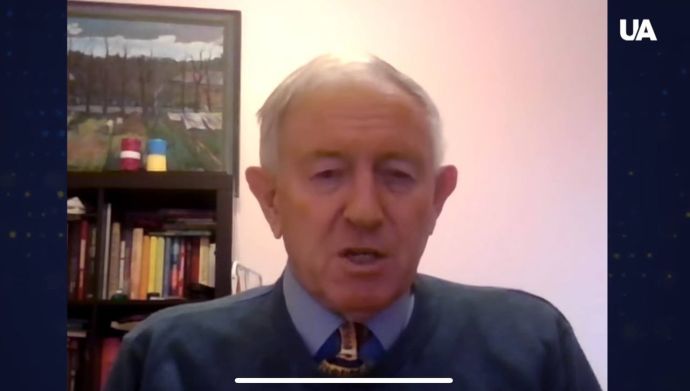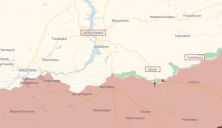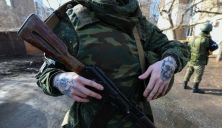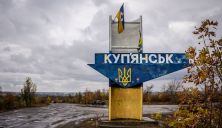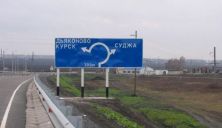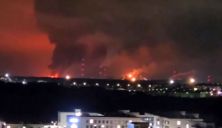Former British Army Tactical Nuclear Unit officer lieutenant colonel Glen Grant served in tactical nuclear unit and answers UATV questions on escalation fears, money spending, long-range weapons restrictions ‘silent’ lift and how the West is ruled by fear of Putin.
— Some of your experience was gained in a nuclear warfare regiment, am I right? Was it a tactical or strategic regiment?
— It was a tactical regiment. I was a launcher section Commander for a Lance nuclear missile.
— So, we all know that most likely Putin won’t go nuclear. You’ve explained this many times. But if Putin ever does, even tactically, do you sincerely believe that this version of Western authority is capable of taking decisive action and responding properly?
— Let’s first address the nuclear aspect.
If Putin goes nuclear, you could say it’s endgame for him.
There’s very little military advantage in firing nuclear weapons at the tactical level because it creates a mess, and the wind can blow the fallout back. Tactical nuclear weapons aren’t as powerful as people think. But if he does it, it would be political.
If Putin is allowed to use a nuclear weapon, it opens the door for anyone else to do the same, destroying the world order.
The West would have to respond, but the U.S. has enough conventional firepower to avoid going nuclear itself. The U.S. and its allies have vast numbers of aircraft capable of launching precision strikes that far outnumber anything Russia has.
Russia’s air defenses are weak, as seen with drones reaching deep into Russian territory from Ukraine. Politically, yes, the West would have to act, though not every country would join. Some weaker countries might sit it out, but the key players would step up.
— To sit out a nuclear war sounds funny, but let’s move on. Now to conventional matters: long-range weapon restrictions for Ukraine—do you think they can be lifted quietly, without making it public? Has it already happened?
— It could be done without public knowledge, and we wouldn’t know until the weapons are used.
There’s still reluctance because of fears Putin might escalate, but he’s already at the brink.
He probably thinks he’s winning politically. Countries like Hungary, Slovakia, and Austria are on his side, and he’s getting weapons from Iran, North Korea, and parts from China. Why would he think he’s losing?
— Exactly. The West’s fear of escalation seems to allow more Ukrainian civilians to die daily. Ukraine has new missile drones, and more Russian military depots will burn. At some point, the Kremlin will find Western parts in Ukrainian weapons. So, what holds back the Biden Administration? Is it fear of escalation, or is it more politically motivated because of elections?
— Elections are always a factor. But I also wonder if someone in the White House has been bought. They give enough aid to keep the war going but not enough to end it quickly.
If Ukraine collapses, Poland and Romania become frontline states. There’s no sense in prolonging this conflict, yet the White House acts as if it’s not serious about ending it.
— I see. There are concerns about the management of Ukrainian resources and personnel. The administration could do more, but reforms and better management are needed. What’s your opinion?
— Yes, the Ukrainian government isn’t taking the war seriously enough. Reforms and better organization are needed. Until that happens, it’s hard to convince allies to take it seriously too. There are still many things the Ukrainian government could do but isn’t.
— Let’s discuss Ukraine’s recent military success—1,000 square kilometers captured in Russian-occupied territory. Yet Russia is still pushing in other places. Why is that?
— Politically, it doesn’t matter to Russia if they lose ground. It might even help rally more Russian volunteers. Militarily, Ukraine surprised them. Ukrainian brigades are doing an outstanding job.
When allowed to fight freely, Ukraine performs much better than when held in defensive positions.
Read also: The West lacks industrial strategy, which has impacted Ukraine. Interview with Frenk Ledwidge

